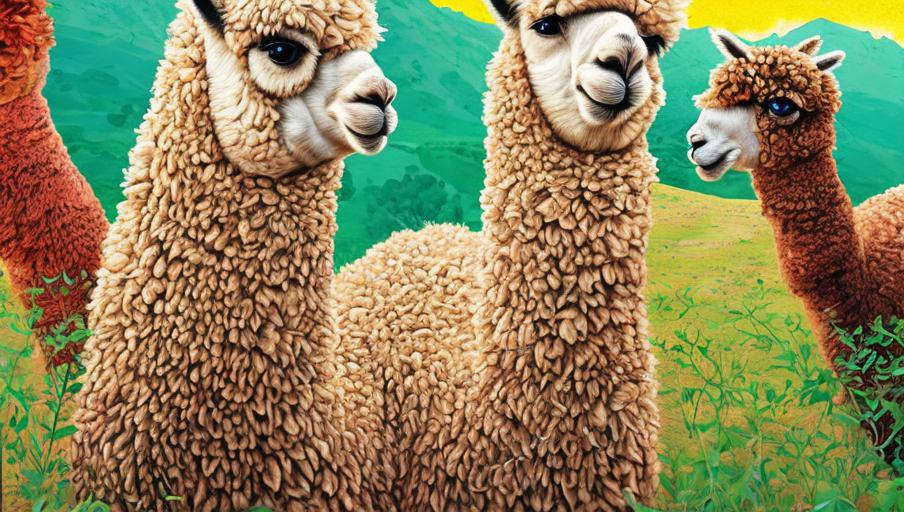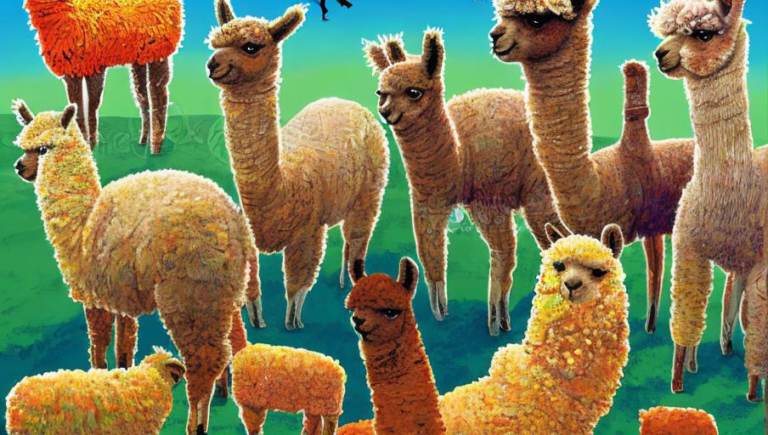Juggling the Alpaca Diet

Introduction to Alpacas
Alpacas are a domesticated species of South American camelid, closely related to llamas, vicuñas and guanacos. They are the smallest of the four species, standing at about 36-48 inches tall and typically weighing between 100-200lbs. Alpacas are primarily kept as livestock for their soft and luxurious wool, which has a soft texture similar to cashmere. Alpacas are also known for their gentle, curious and friendly disposition, making them popular animals as livestock, pets, pack animals and show animals.
Alpaca Diet
Alpacas have a simple diet, primarily consisting of hay, grass, and other types of forage. Alpacas are herbivores and their digestive systems are designed to process fibrous plant material, not grain or other concentrated foods. Alpacas also have specific dietary needs depending on their age, level of activity, and health, so it is important to understand each alpaca’s individual diet needs in order to keep them healthy.
Types of Forage
Alpacas need access to a variety of different types of forage in order to maintain a healthy diet. The best forage for alpacas includes various types of hay and grass, such as alfalfa, timothy, Bermuda, orchard and bluegrass. They can also eat various types of vegetables and fruits as a treat. Additionally, alpacas need access to salt and trace minerals to ensure they are getting the proper nutrition.
Feeding Habits
Alpacas typically graze for about 8-10 hours a day and prefer to eat smaller amounts of food more frequently. Alpacas are very sensitive to changes in their diet and can become stressed when their food is changed suddenly. It is important to transition them to a new diet gradually in order to minimize stress. Alpacas should have access to fresh, clean water at all times.
Maintaining a Balanced Diet
In order to maintain a balanced diet, it is important to provide alpacas with a variety of different types of forage. If a variety of forage is not available, hay and grass should be supplemented with other types of forage such as vegetables, fruits, and minerals. Additionally, it is important to provide alpacas with the proper amount of nutrients, vitamins, and minerals to ensure their health. Alpacas should be fed a balanced diet that meets their individual needs.
Conclusion
Alpacas are friendly and gentle animals that require a simple diet of hay, grass, and other types of forage. It is important to provide them with a variety of forages in order to maintain a balanced diet, as well as access to salt and trace minerals to ensure they are getting the proper nutrition. Additionally, alpacas should be transitioned to a new diet gradually to avoid stress. By understanding their diet needs and providing a balanced diet, alpacas can stay healthy and happy.





